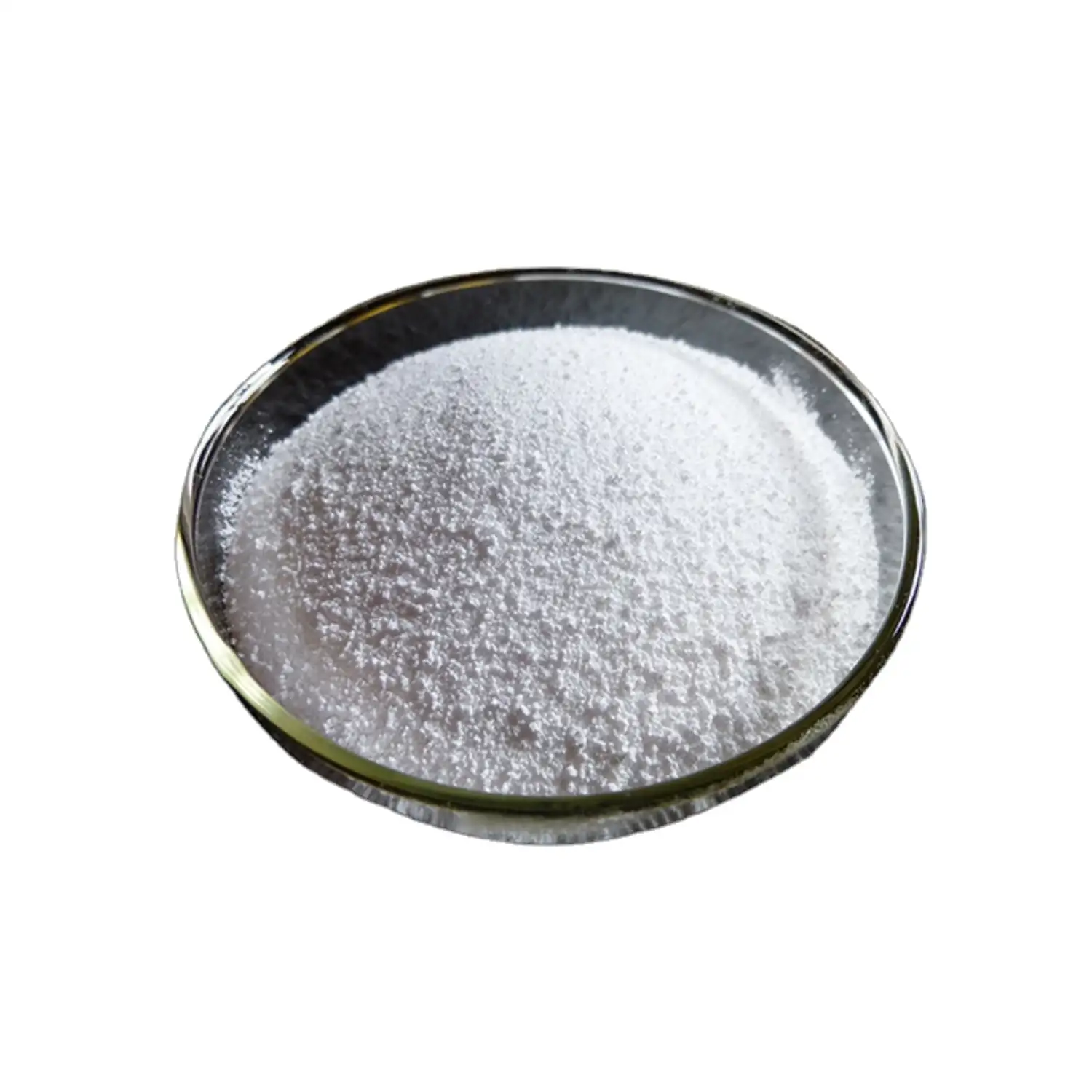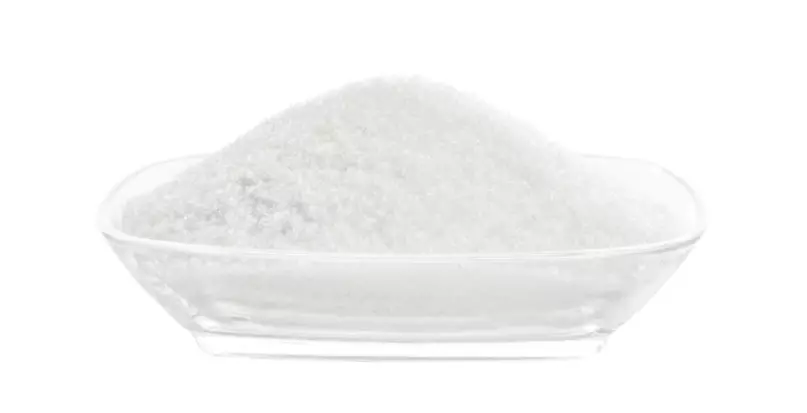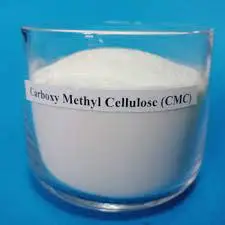Potassium Hydroxide (95%) - China
|
IUPAC Name |
: potassium;hydroxide |
|
Cas Number |
: 1310-58-3 |
|
HS Code |
: 2815.20.00 |
|
Formula |
: KOH |
Basic Information
|
Appearance Name |
: White Flakes |
|
Common Names |
: Caustic Potash, Potash lye, Potassium Hydrate |
|
Packaging |
: 25 kg PP Bag |



